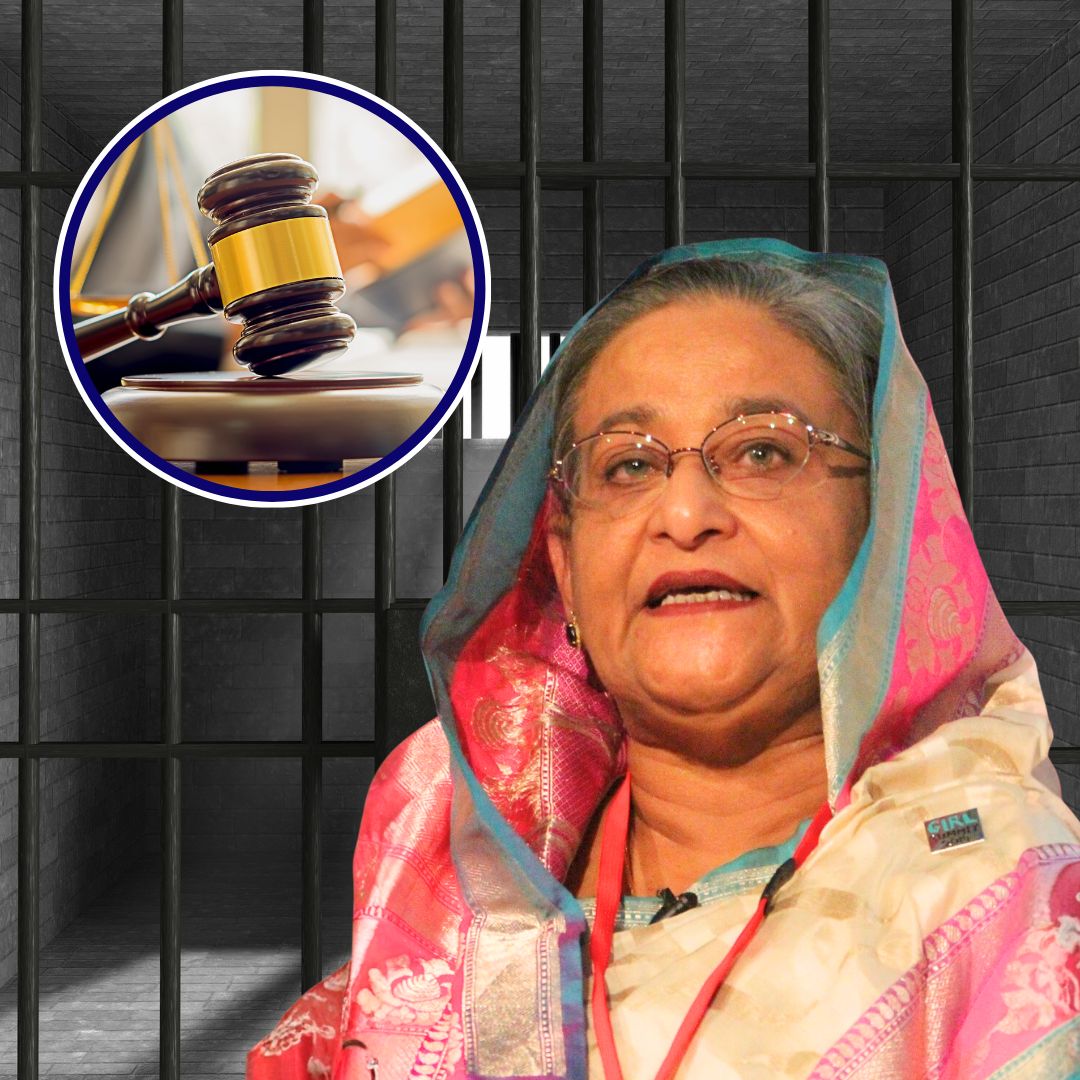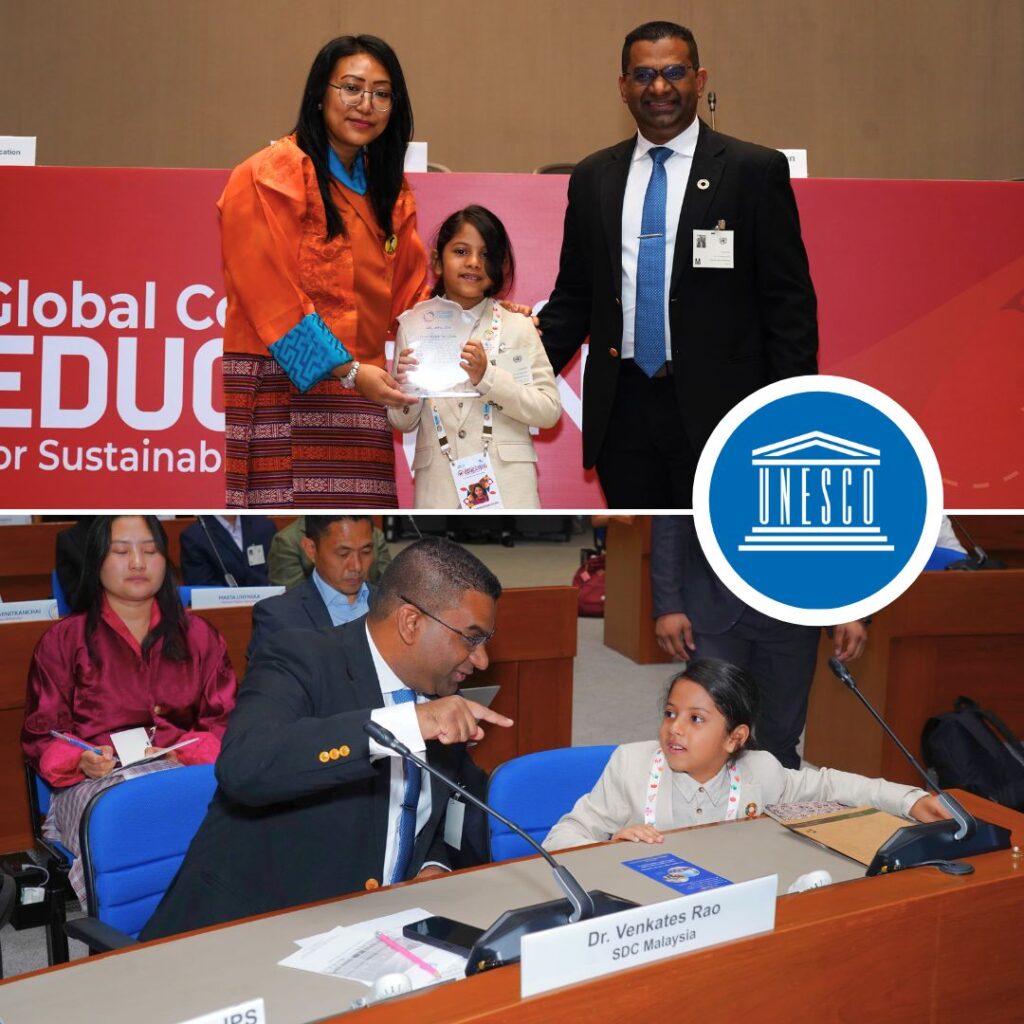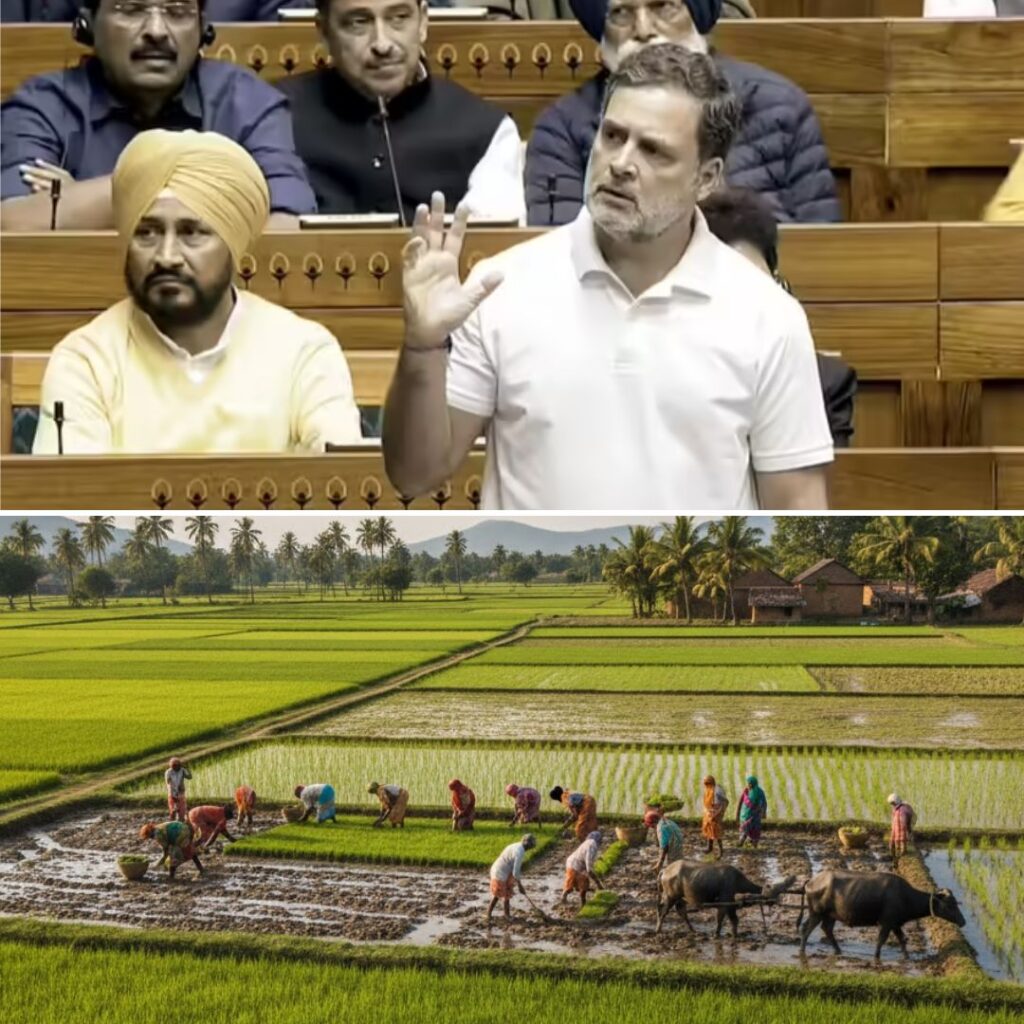A Dhaka court sentenced former Bangladeshi Prime Minister Sheikh Hasina to 21 years in prison across three corruption cases linked to illegal plot allocations under the Purbachal New Town Project.
Hasina was sentenced to seven years in each case. Her son, Sajeeb Wazed Joy, and daughter, Saima Wazed Putul, were also sentenced to five years each. The verdict was delivered in Hasina’s absence as she is currently abroad.
The Anti-Corruption Commission accused the family of securing plots despite ineligibility, marking a significant turning point in Bangladesh’s politically charged legal battles.
Background of Corruption Allegations
The cases pertain to accusations that Sheikh Hasina and her family obtained multiple government plots illegally in Dhaka’s Purbachal New Town housing development. These allegations were part of six separate complaints filed by the Anti-Corruption Commission (ACC) in January 2025.
The ACC contended that plots were allocated to the family circumventing legal procedures, exceeding jurisdictional limits.
The verdict in three remaining cases is expected on 1 December. Political unrest followed a student-led uprising in July 2024, leading to Hasina’s exile in India and installation of an interim government under Nobel laureate Muhammad Yunus.
Details and Reactions to the Verdict
The court ordered seven-year sentences per case against Hasina, totaling 21 years, and respective five-year sentences for her children, imposing fines as well. The verdict was issued in her absence due to her failure to appear in court.
Prior to this, the International Crimes Tribunal sentenced Hasina to death for crimes against humanity linked to the 2024 protests. Hasina and her family have denied all allegations. India confirmed it is reviewing Bangladesh’s extradition request for Hasina and remains engaged in facilitating peace and democratic stability in Bangladesh.
The Logical Indian’s Perspective
This controversial legal development underscores the challenges of balancing justice and political contestation in Bangladesh. Transparency, fairness, and due process remain paramount to uphold trust in institutions and democracy.
The growing political divisions show the urgency of fostering inclusive dialogue, empathy, and a peaceful political culture.












